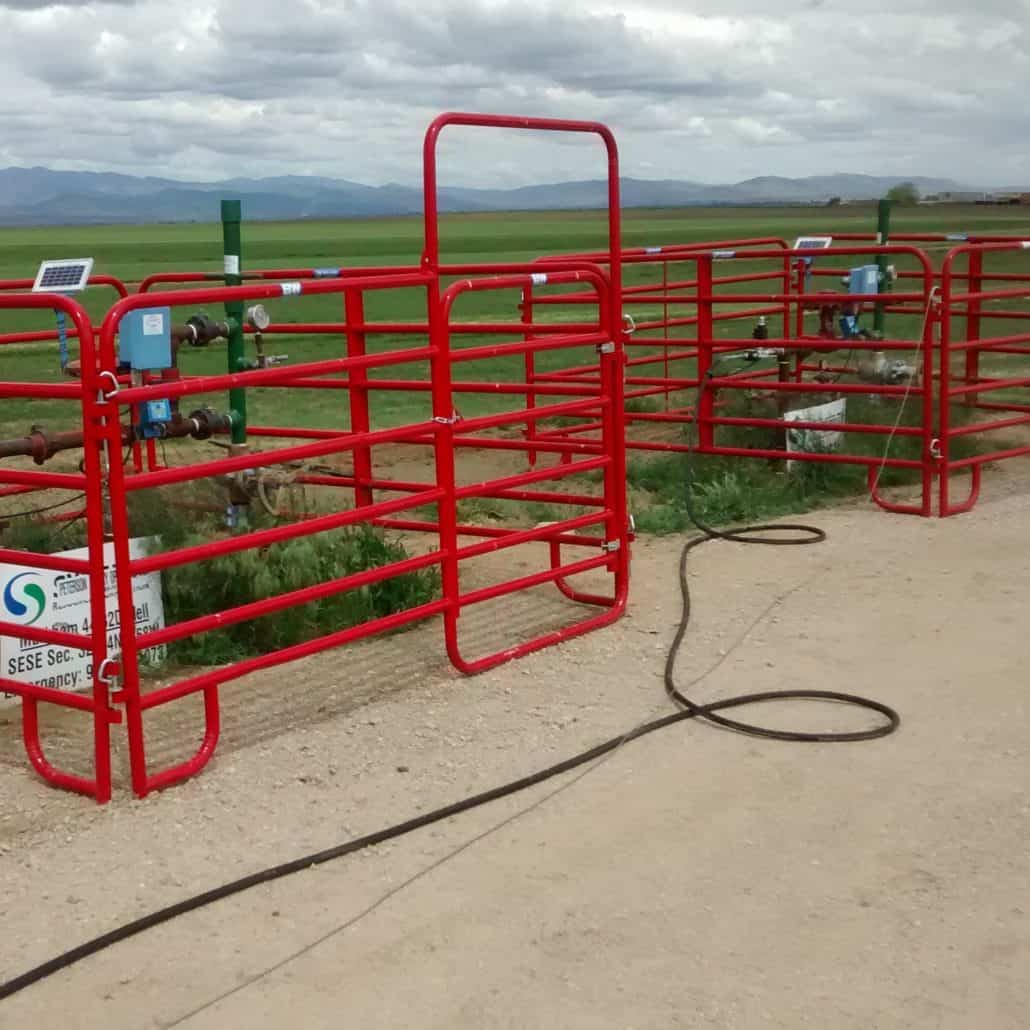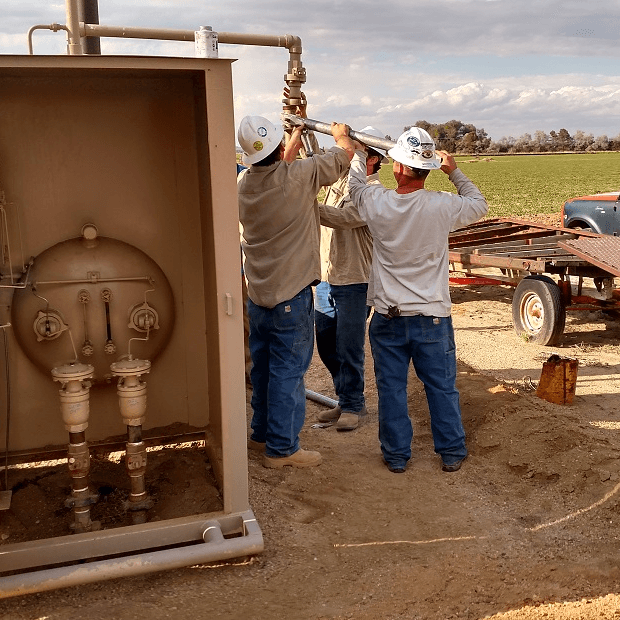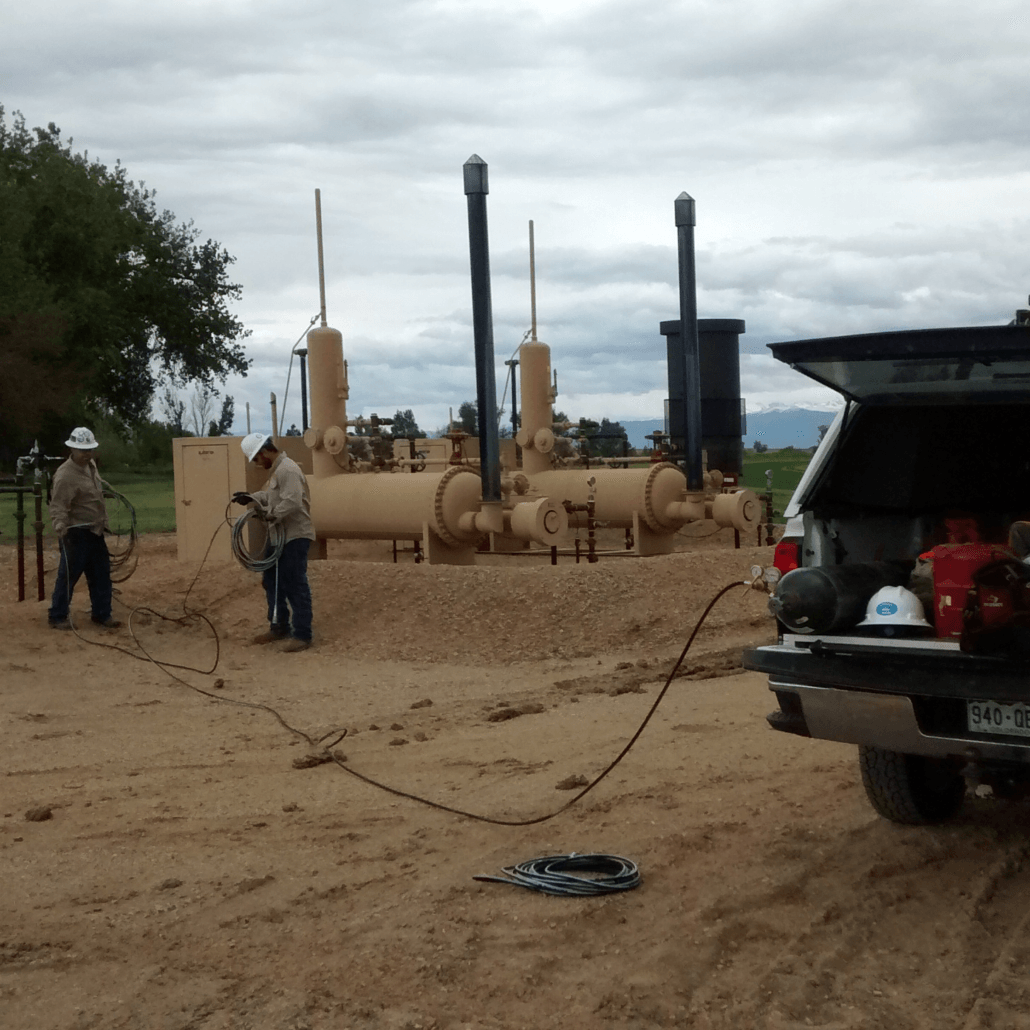Colorado flowline operators now face stricter regulations
Compliance is simple with CGRS’s help
The Colorado Oil & Gas Conservation Commission (COGCC) recently approved new regulations regarding the construction, installation, tracking, testing and abandoning of flowlines. Many of the new rules went into effect May 1 for new equipment and changes to existing equipment; otherwise oil and gas operators have until Oct. 31, 2019, to comply.
The changes come about a year following an explosion in Firestone that killed two people and injured another. Frederick-Firestone Fire Protection District officials believe an abandoned gas line near their home was cut, causing odorless gas to leak into the home through French drains.
“We believe these new rules are another important step in the aftermath of the Firestone tragedy,” said Governor John Hickenlooper in a press release. “State government and local municipalities depend on the commitment that the industry is doing everything to keep our communities safe.”
Here’s a look at some of the changes and how CGRS can help you comply:
- Oil and gas operators must become a Tier One Member of the Utility Notification Center of Colorado (UNCC) and supply the organization with digital data about their underground vertical flowlines. While this is up to operators, CGRS can provide guidance.
- Operators must register their flowlines with the COGCC. The COGCC wants to know what the line is made of, what it’s carrying, where it’s coming from and where it ends, requiring a geodatabase containing pipeline alignment if the pipeline is construct on or after May 1, 2018. CGRS can help with submitting Form 44, the registration for off-location flowlines and obtaining GPS endpoints.
- Operators must now report domestic gas taps via Form 44 including the GPS location of the point the tap connects to a flowline or wellhead and the address of where it delivers gas. CGRS can help with submitting Form 44 and obtaining GPS points
- Operators now must repair and maintain flowlines and crude oil transfer lines (COTLs) to minimize failures, leaks and corrosion that might result in injury to persons and property. COGCC also now requires lock out/tag out of all inactive (not holding pressure or flowing fluids) flowlines. CGRS can perform the required integrity testing, ensure each operators’ applicable facilities are in compliance and maintain the required records.
- Prior to putting all new or repaired flowline and crude oil transfer line segments into service, and periodically thereafter until abandoned, operators now must test the integrity of the lines. Different categories of pipes have specific and stringent integrity-management regimes. The COGCC also established leak-reporting requirements. CGRS can perform integrity testing with our flowline testing trailer and report any leaks as required.
- Operators must provide more details in their abandonment reports. Flowlines and COTLs remain subject to registration and integrity-management requirements until operators have completed all outlined abandonment procedures and requirements. Operators must notify the COGCC director upon abandonment via Form 44, and the Commission will notify the UNCC and local government designee of the abandonment. CGRS can perform integrity testing with our flowline trailer, verify the abandonment procedures are complete and submit the necessary form.





